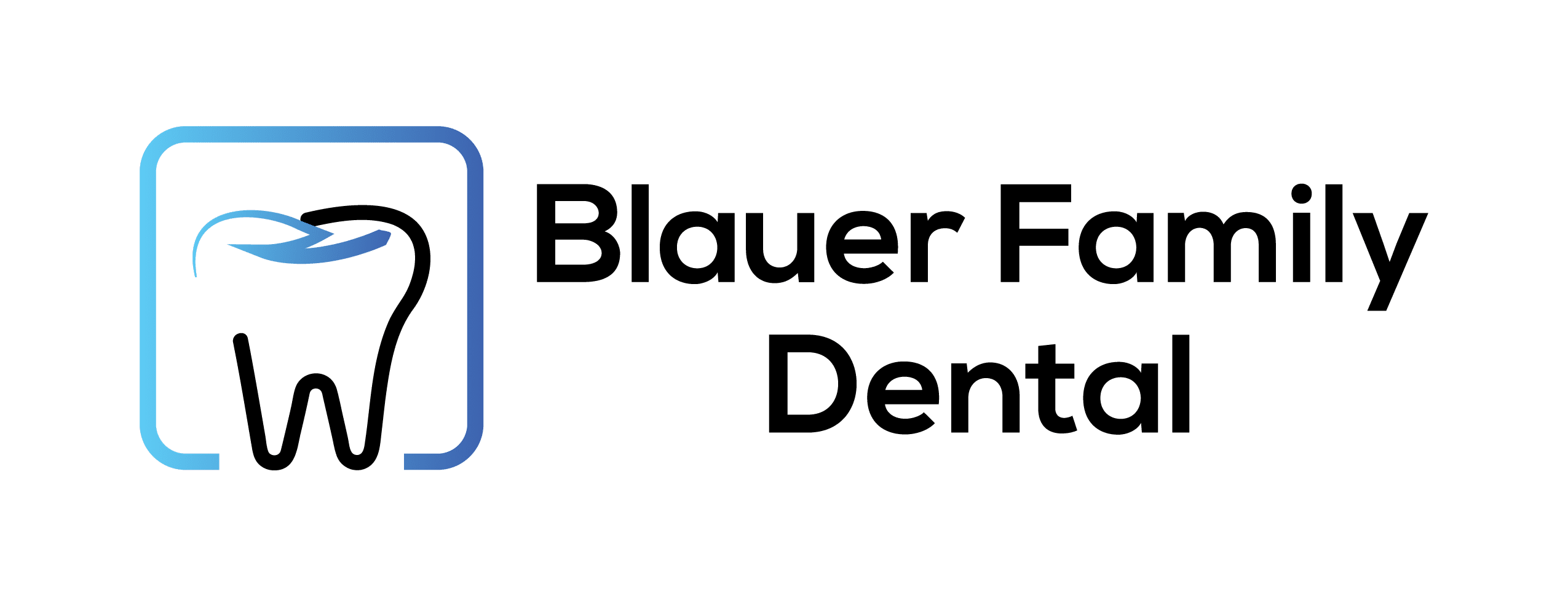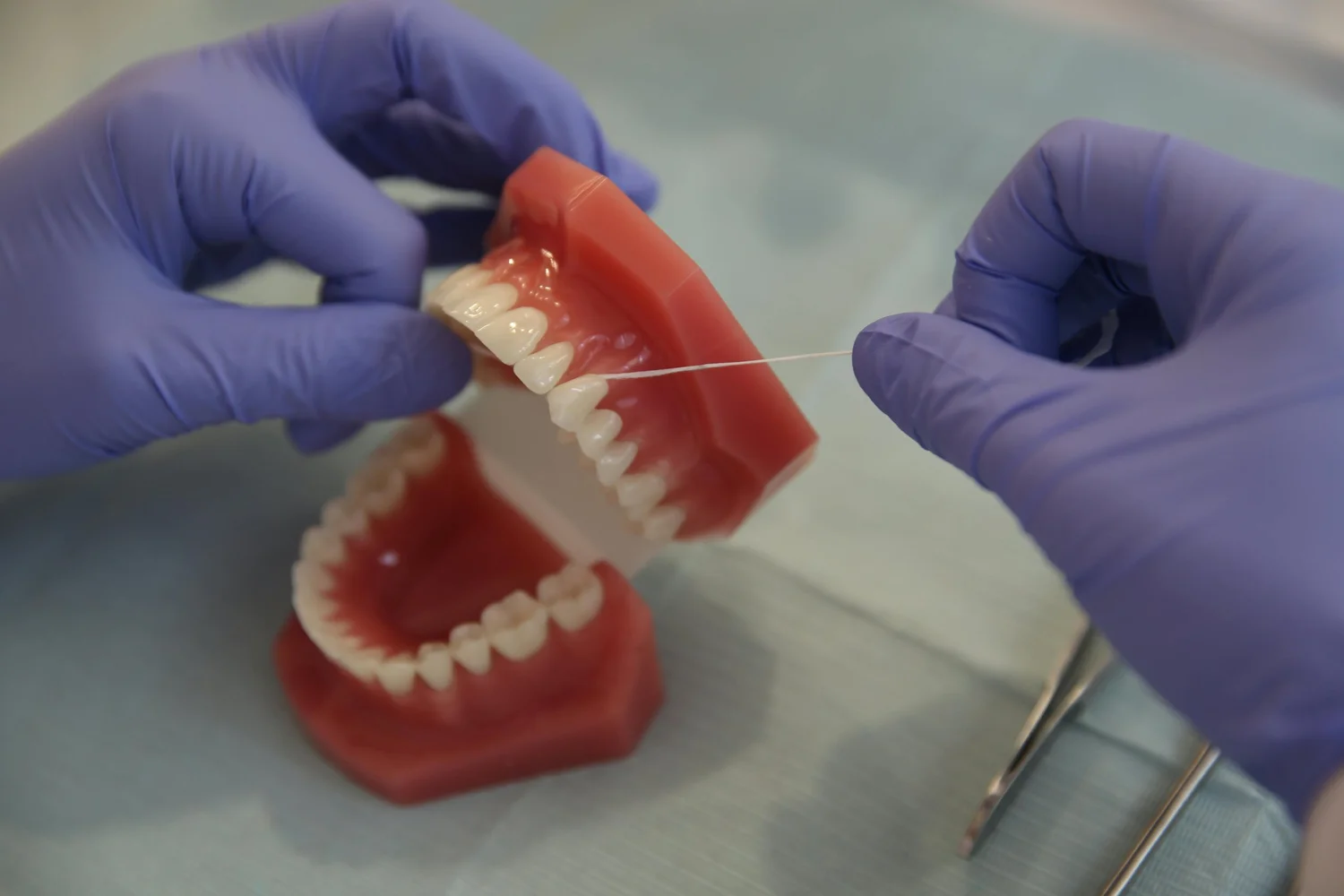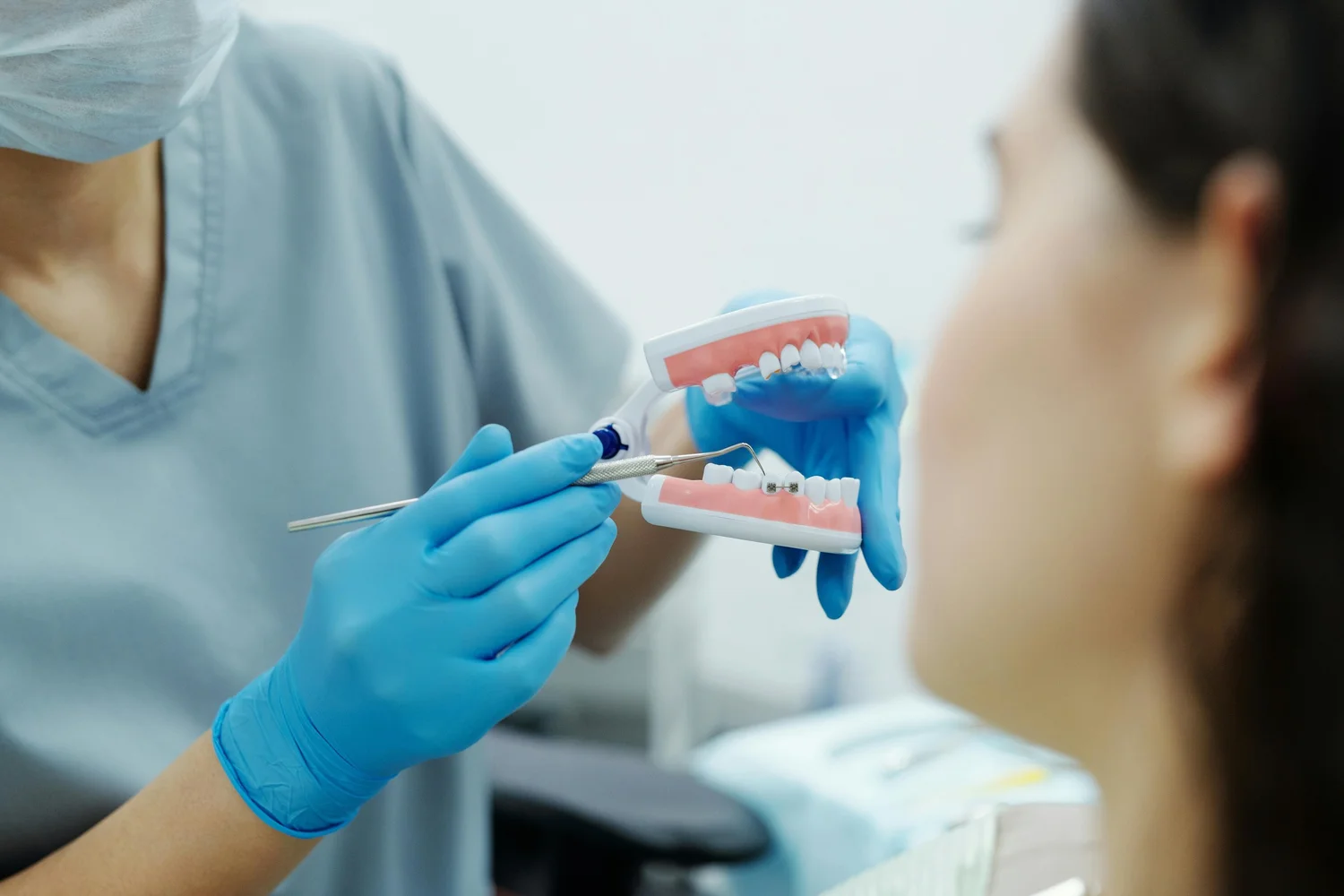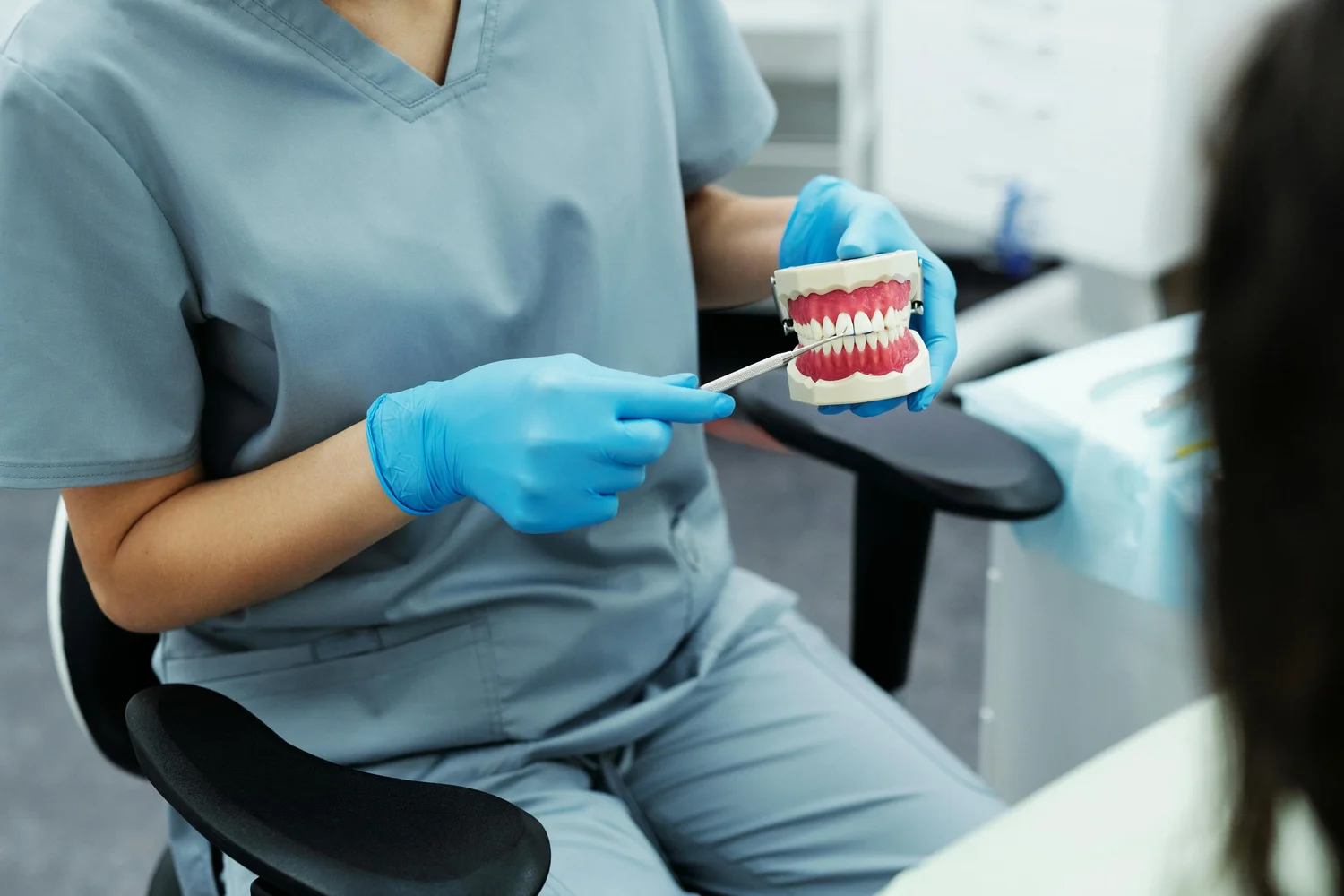How Often Should I Floss? The Full Guide to Healthy Gums and Teeth
September 18, 2025
Good oral hygiene is more than just brushing. One of the most common questions people ask is: how often should I floss? This question matters, ...
Read More
How Often Should You Go to the Dentist?
September 18, 2025
Many people wonder how often should you go to the dentist, especially when their teeth feel fine and there’s no obvious pain or discomfort. Is ...
Read More
What Is Dental Cleaning? A Detailed Look at Why It Matters
September 18, 2025
A clean, healthy smile often begins with knowing exactly what is dental cleaning, how it helps, and when you might need one. Whether you’re due ...
Read More
Can a Broken Tooth Be Fixed?
September 18, 2025
A broken tooth is something many people fear, whether it’s caused by a sudden injury, biting into something hard, or long-term wear and tear. But ...
Read More
Understanding Swollen Gums: What Your Mouth Might Be Telling You
August 21, 2025
A swollen gum might seem like a minor issue at first glance, but it can be a signal of something more serious happening beneath the ...
Read More
Can a Tooth Infection Kill You? Understanding the Real Risks
August 21, 2025
“Can a tooth infection kill you?” This is a question that many people are surprised to even consider, especially when tooth pain is often brushed ...
Read More






